Whether you’ve just gotten your Confirmation of Permanent Residence (CoPR) or have recently migrated to Canada, many people are concerned about finding job and getting back into their sector. There are a few things you must have before starting your job hunt in Canada:
- A Social Security Number (SIN) – A nine-digit number required to work in Canada or get government services and benefits.
- Assessment of credentials for careers such as teachers, accountants, medical professionals, engineers, social workers, and so on. Credential evaluation is the procedure through which you can get certified, registered, or licensed to work in Canada.
- A résumé/CV and cover letter in the Canadian style. Send us an email at nextstoptorontoinfo@gmail.com for a FREE professional Canadian résumé/CV and cover letter templates.
Traditional ways to find a job in Toronto
Most job seekers use job search websites as the starting point while looking for opportunities. The Canadian government’s Job Bank website is one example.
LinkedIn Jobs, Indeed, Monster, Glassdoor, Workopolis, CareerBuilder, and SimplyHired are some prominent job search websites. Sites like UpWork, Fiverr, Jobboom, Jobillico, and Jobspresso are other places to seek for freelance or remote employment.
Another route to find employment is to network. It is said that as much as 65-85 per cent of the jobs are not posted online. This is why networking is crucial to finding relevant opportunities.
Giving back to the community by volunteering is widely appreciated and cherished in Canadian culture. It may help you obtain Canadian experience and learn about the local Toronto culture, as well as meet new people and expand your network.
Then there are various government-funded organizations such as ACCES Employment that aid newcomers in their employment search. Many immigrant-serving organizations also organize job fairs. Some of these fairs are virtual and span a couple of days, while others are in-person events. JVS Toronto is an organization that does online job fairs periodically.
Bridging programs (virtual and in-person) are designed for internationally-trained professionals and tradespeople who want to work in their field in Canada. They can help you get a licence or certification and integrate into the Canadian workplace.
Contact a newcomer settlement agency near you or check out our Study in Toronto webpage to learn more about enrolment processes and eligibility criteria for specific bridging programs.
Easier and faster way to find employment in Toronto
Traditional methods of finding work in Toronto are abundant and simple to use. However, having fast access to job ads puts you in direct competition with other job searchers. Looking for work in this manner may be tiring, demoralizing, and time demanding. Particularly while hunting from afar.
We recommend you reach out to employment agencies. Recruitment agencies in Canada may be licensed both nationally and internationally. Those with a national license can only help job searchers in Canada, but those with an international license can recruit abroad workers who wish to work in Canada.
There are many employment agencies and specialized recruiters that can help you find a job in your field in Toronto. Send an email to nextstoptorontoinfo@gmail.com to get you connected.
The right agency can enrol you in bridge programs, suggest universities that offer bridge programs, and/or connect you to mentors. Toronto Region Immigrant Employment Council (TRIEC) is one example of bridge program in Toronto.
NOTE: Employment/recruitment/placement/staffing agencies cannot demand a fee from a jobseeker to help them find work. However, they can charge for additional services such as resume preparation, interview preparation, and job skills training.




